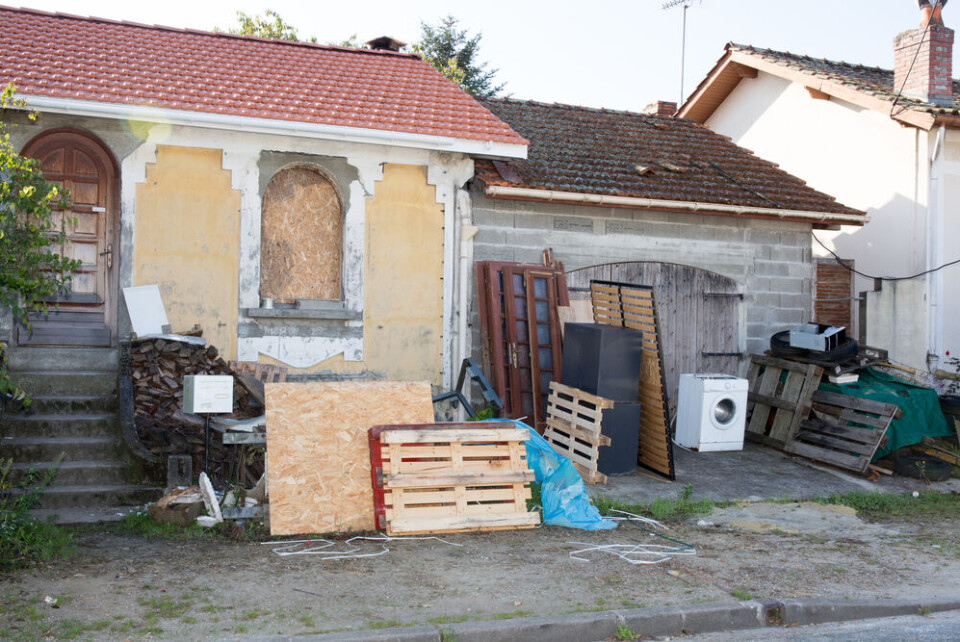-
French MPs vote to end ‘marital duty’: what new law changes on sex and consent
If adopted, the new law will establish that ‘marriage is not sexual servitude’
-
French couple must change windows after complaint over transparency
Replacement windows were the same size but glass used was transparent not translucent
-
New law to stop cold calls in France voted through in Assemblée
The new legislation is aiming to end ‘phone harassment’, but some say it will still be ineffective
Why does a new French anti-squatting law appear to protect squatters?
Judges who tweaked a new law are accused of being more concerned about squatters’ comfort than owners’ rights

Suggestions that recent tweaks to legislation give squatters the right to sue property owners if the building they are in is not properly maintained have been dismissed by France’s highest constitutional authority.
The Conseil constitutionnel approved harsher legislation in July against squatters in main and second homes, including tripling the penalties, as part of a new law to better protect owners.
It validated all clauses of the bill except one, which would have released the owner from their responsibility to maintain a squatted property and would exonerate them in case of any harm resulting from lack of maintenance.
Read more: Is it true that squatters can sue property owners in France?
Owner responsible for squatter’s injuries, court ruled
Right-wing politicians and some members of President Macron’s own Renaissance party were quick to accuse the judges of being more concerned about squatters’ comfort than owners’ rights, after a Le Figaro headline suggested a squatter could now sue the owner if the property was poorly maintained.
The matter is a sensitive one because, last year the Cour de Cassation ruled that the owner of a property was responsible for injuries caused to a squatter when a metal window bar she was leaning against broke, and she fell to the ground.
The clause in the new law rejected by the judges was put in directly as a result of that ruling.
Read more: Landlord held responsible by French court for squatter’s fall in flat
Passer-by could be injured by falling roof tile
The Conseil constitutionnel has since issued a statement condemning what it calls “false interpretations” of its action.
It said that by removing the clause, existing laws over the responsibility of owners to maintain their properties remained.
These requirements are based on the need to ensure the rights of third-party victims of damage remain protected. Examples could include a passer-by being injured by a falling roof tile.
If the anti-squat law had gone through unaltered, the victim would have to pursue the squatter for damages, rather than the owner. Because squatters are unlikely to have insurance or much money, the victim would probably receive nothing.
If the owner is held responsible, however, it is more likely that the victim will be compensated, sometimes through house insurance.
Owners not exonerated of all responsibility
The Conseil constitutionnel’s lawyer said: “What the court has censored is an exoneration of the owner which goes too far.”
He said parliamentarians could pass another law that better explained the responsibilities of both squatters and owners for the maintenance of properties.
Related articles
I have a second home in France, what should I do if squatters get in?
Bailiffs use updated French law to evict squatters from second homes
France’s nicest squat? Illegal home with sea view closed down in Nice
























